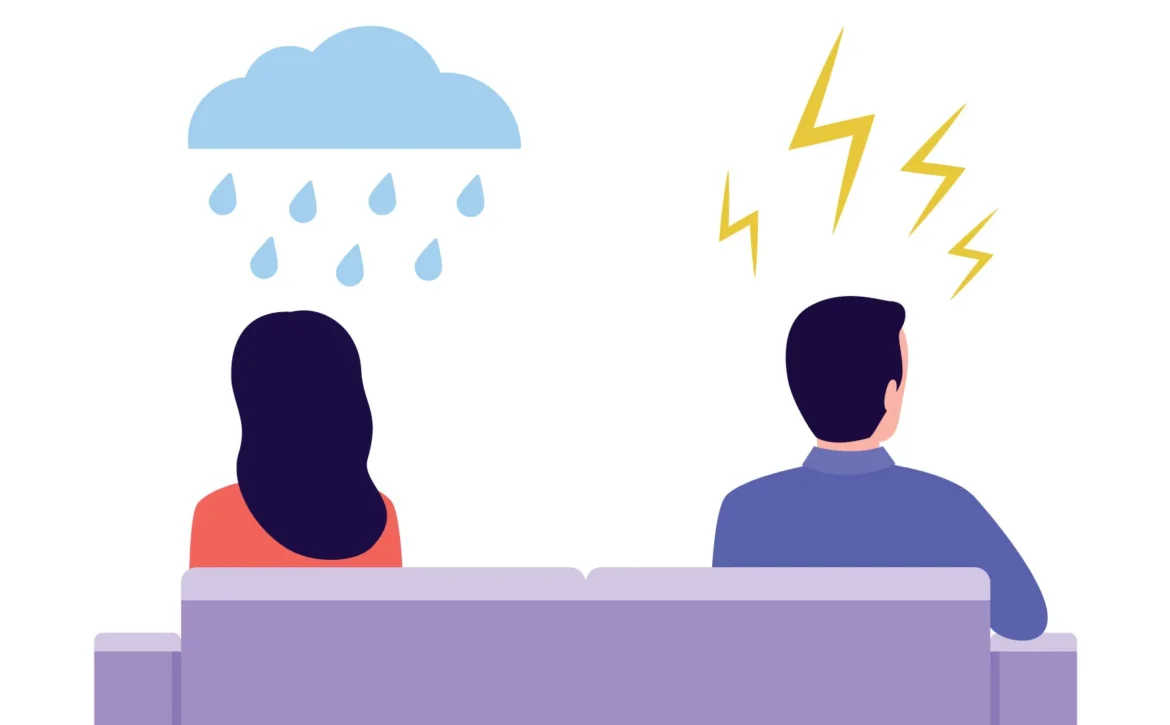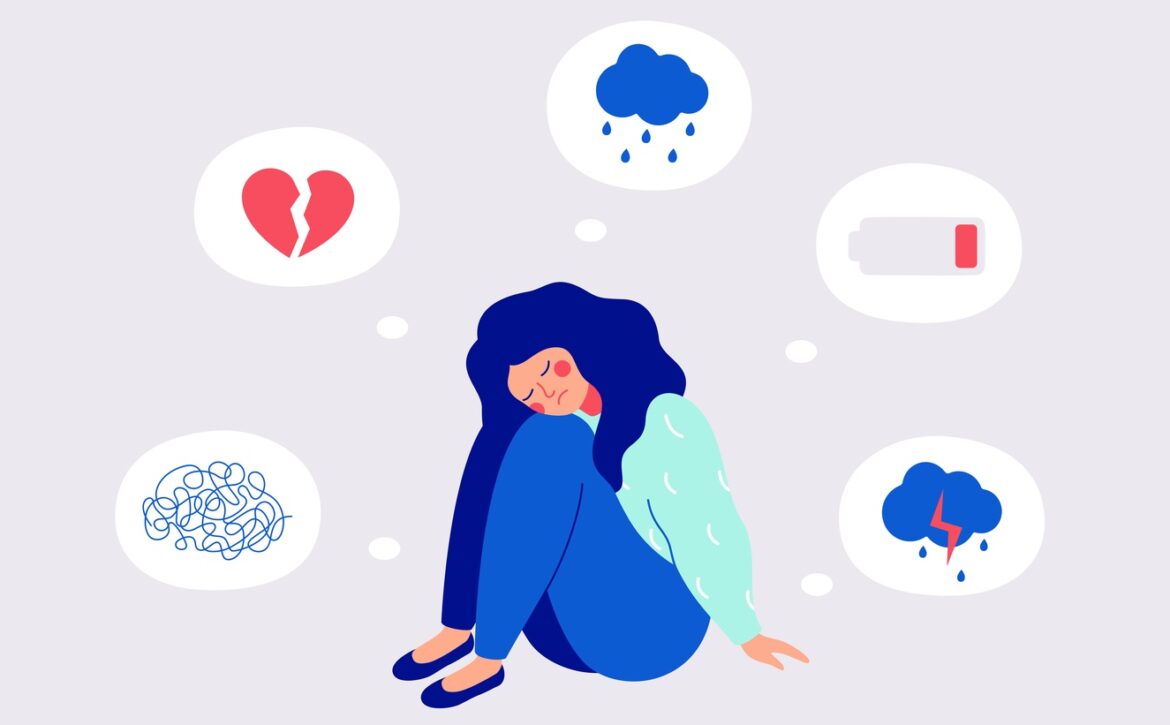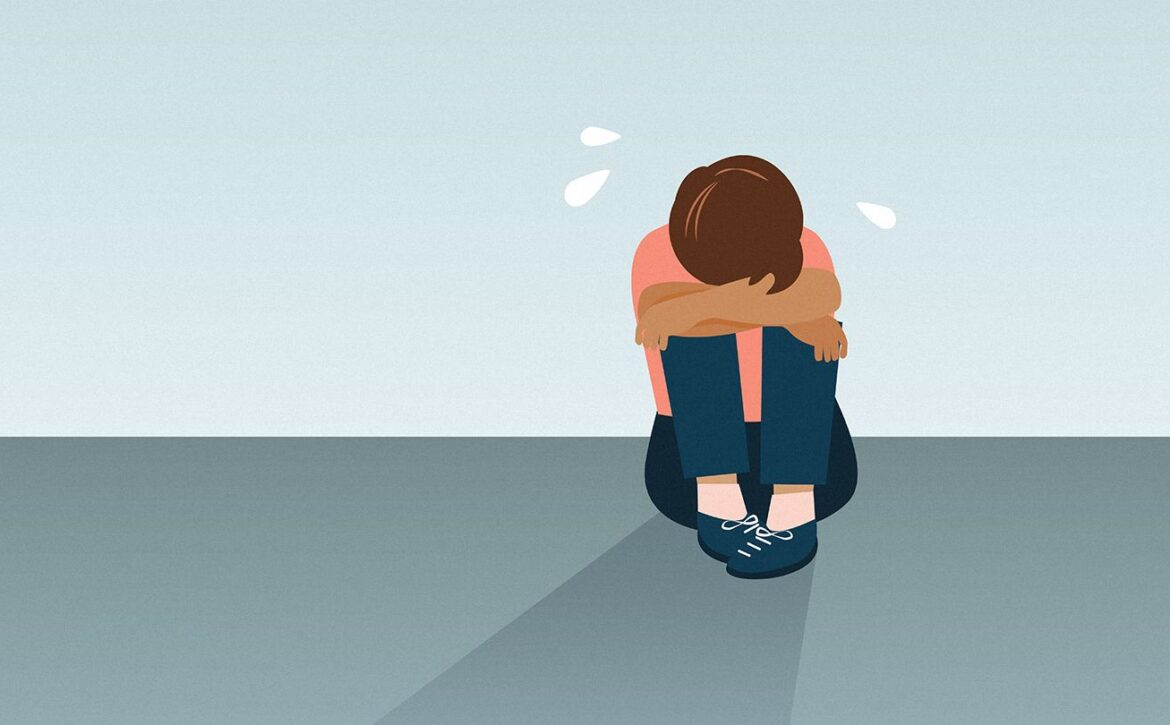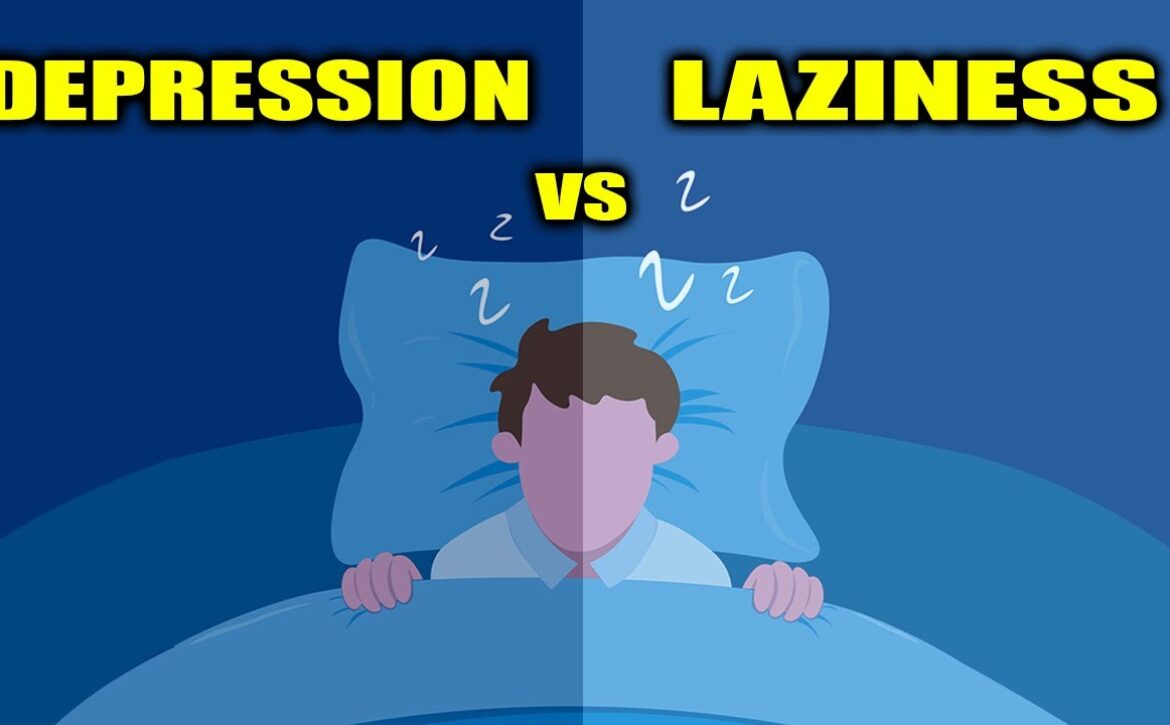What is Damage Control in a Relationship?
Relationships can be incredibly fulfilling, but they can also encounter rough patches that require careful attention. That’s where the concept of damage control comes in. What is damage control in a relationship? Damage control in a relationship refers to the proactive measures taken to address and repair any issues or conflicts that may arise between partners. It involves open and honest communication, active listening, empathy, and a willingness to understand and resolve problems together.
Rather than allowing conflicts to fester and escalate, damage control encourages couples to address issues head-on, fostering a healthy and thriving partnership. By embracing the principles of damage control, couples can strengthen their bond, deepen their understanding of one another, and create a foundation of trust and support that can withstand the challenges that come their way.
What Causes Damage in Relationships?
There are several reasons why damage can occur in a relationship. It could be due to a lack of communication, misunderstandings, unrealistic expectations, infidelity, unresolved conflicts, or even external factors such as stress or financial problems. When these issues are not addressed in a timely and appropriate manner, they can lead to emotional damage, which can be difficult to repair. Therefore, it is crucial to identify the root cause of the problem and address it as soon as possible to prevent further harm.
How to Do Damage Control in a Relationship
To do damage control in a relationship, the first step is to acknowledge that there is a problem. This involves taking responsibility for your actions and being willing to make changes to improve the relationship. Communicating openly and honestly with your partner about your feelings, needs, and concerns is essential. This will help to create a safe and trusting environment in which both partners feel comfortable discussing their thoughts and feelings.
Another important aspect of damage control is empathy. It is essential to understand your partner’s perspective and show compassion for their feelings. This involves listening actively and responding in a non-judgmental and supportive way. Forgiveness is also an integral part of damage control, as it allows both partners to move past the hurt and pain caused by the damage and work towards healing and repairing the relationship.
It’s important to remember that damage control in a relationship is not an easy process. It takes time, patience, and commitment from both partners to rebuild trust and create a strong connection again. With the right approach, however, it is possible to repair any harm caused by one or both partners and make the relationship stronger than before.
What is The Effect of Damage Control on a Relationship
The effect of damage control in a relationship is that it can lead to increased understanding, trust, and intimacy between partners. When both partners are willing to put in the effort to repair the damage, it can create a stronger and more resilient relationship. Damage control can also help to prevent further harm from occurring, as it allows both partners to address any underlying issues that may be causing problems in the relationship.
When you make it a habit to do damage control in your relationship, it can lead to improved communication, mutual understanding, and overall satisfaction in the relationship. Damage control is a valuable tool that can help couples repair any harm or damage that may have occurred in the past and move forward with a stronger and healthier bond.
Steps to a More Healthier Relationship
To have a healthier relationship, it is essential to communicate openly and honestly with your partner. These are some of the steps on how to make your relationship healthier:
Step 1: Listen to each other’s concerns and feelings.
Step 2: Make an effort to understand your partner’s perspective.
Step 3: Make time for quality conversations with your partner.
Step 4: Show appreciation and respect for one another.
Step 5: Take responsibility for any mistakes or problems in the relationship.
Step 6: Agree to disagree in a respectful manner.
Step 7: Find ways to resolve conflicts constructively.
Step 8: Make time for activities that you both enjoy.
Step 9: Know each other’s limitations and respect them.
Step 10: Spend time apart from one another to maintain your individual identities.
Another crucial aspect of a healthy relationship is setting boundaries. This involves being clear about what is and is not acceptable in the relationship and respecting each other’s boundaries. It is also important to make time for each other and prioritize the relationship. This involves being present and engaged when spending time together and showing affection and appreciation for your partner.
By taking these steps, you can build a strong and healthy relationship that can withstand the ups and downs of life. When you commit to doing damage control and fostering a healthy relationship, it can lead to a level of closeness and trust between you and your partner.
Final Thoughts
This article has provided you with a lot of information about what is damage control in a relationship, and it is your responsibility to understand and follow the steps above. With regular practice, damage control can be a powerful tool to bring both partners closer together and create a stronger bond. Remember that it takes time, patience, and effort from both sides, but when done right, damage control can be a great way to repair any harm caused in the relationship and build a more solid foundation for the future.
Connect with Cedarway Therapy today if you and your partner are seeking professional help from marriage counselling Hamilton, for damage control and creating a healthier, stronger relationship. We provide compassionate counseling services to help you both reconnect and rebuild your bond in a safe environment. Contact us today to learn more about our services and how we can help you make the most of your relationship. We look forward to hearing from you!
FAQs: What is Damage Control in a Relationship
What is the effect of damage control in a relationship?
The effect of damage control in a relationship can be positive, as it shows a willingness to address issues and work towards a resolution. It can help repair trust and strengthen the relationship. However, it is important to note that damage control alone is not enough to sustain a healthy relationship. It is also necessary to work on ongoing communication, mutual respect, and building a strong foundation of trust.
What steps can you take to build a healthier relationship?
To build a healthier relationship, it is important to prioritize open and honest communication, respect your partner’s needs and boundaries, work towards mutual goals and shared values, and actively work on building and maintaining trust. Other steps may include seeking outside help from a therapist or counselor, practicing forgiveness, and being willing to compromise and make sacrifices for the sake of the relationship. Remember that building a healthy relationship takes time and effort, but the rewards are worth it.
How can damage control be effectively practiced in a relationship?
Effective damage control in a relationship requires open communication, empathy, and a willingness to address issues constructively. It involves actively listening to your partner’s concerns, acknowledging and taking responsibility for your actions, and offering genuine apologies when necessary. Finding mutually beneficial solutions, setting boundaries, and working together to rebuild trust are important aspects of damage control. Seeking professional help, such as couples therapy, can provide guidance and support in navigating difficult conversations and promoting healing within the relationship. Remember, damage control is not about avoiding conflict but rather about resolving it in a healthy and respectful manner.











